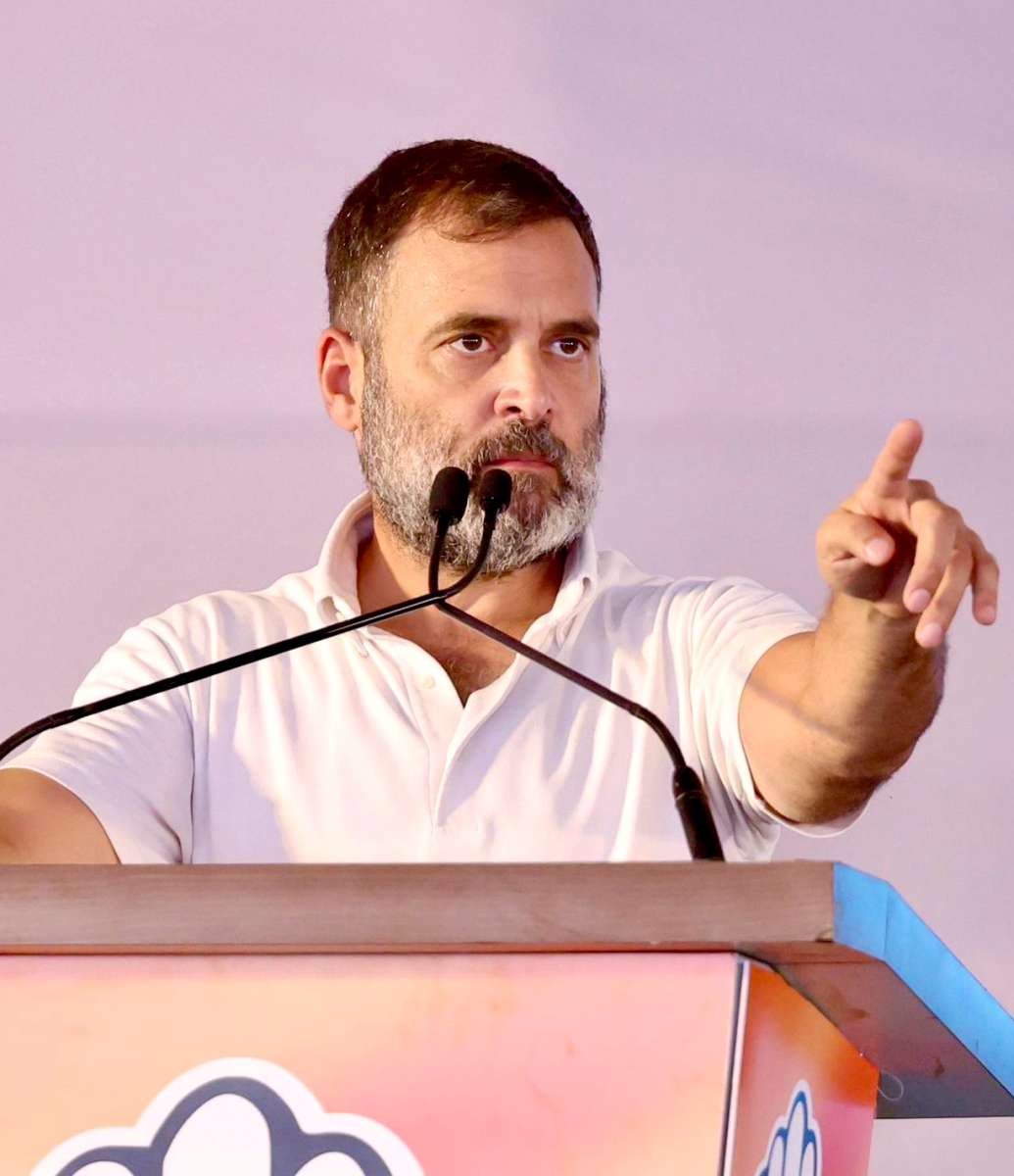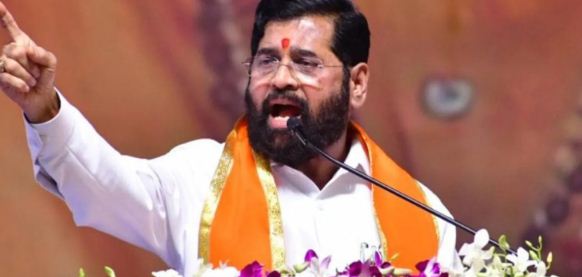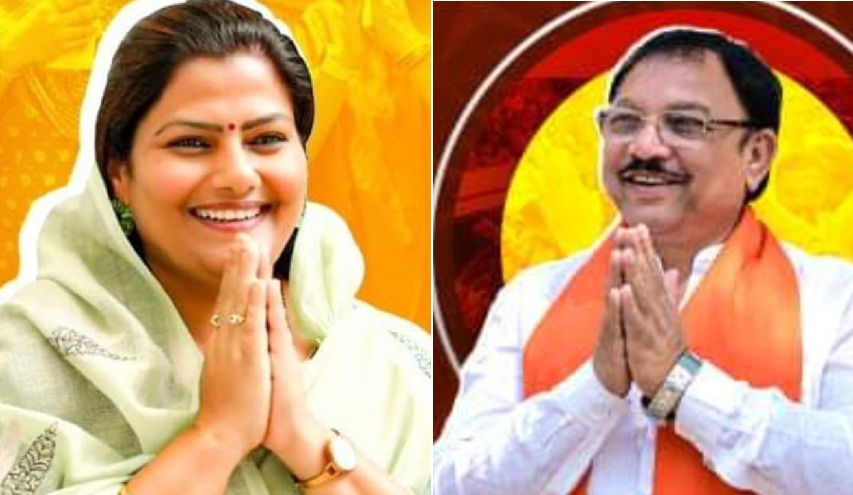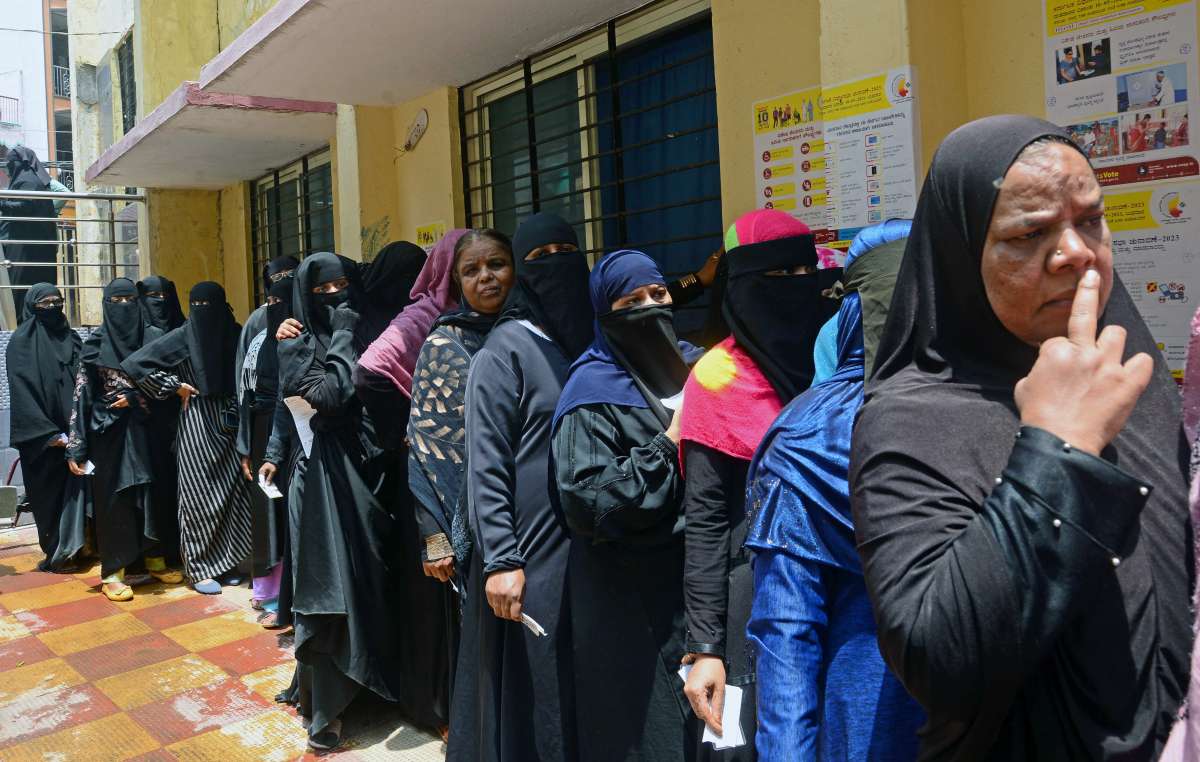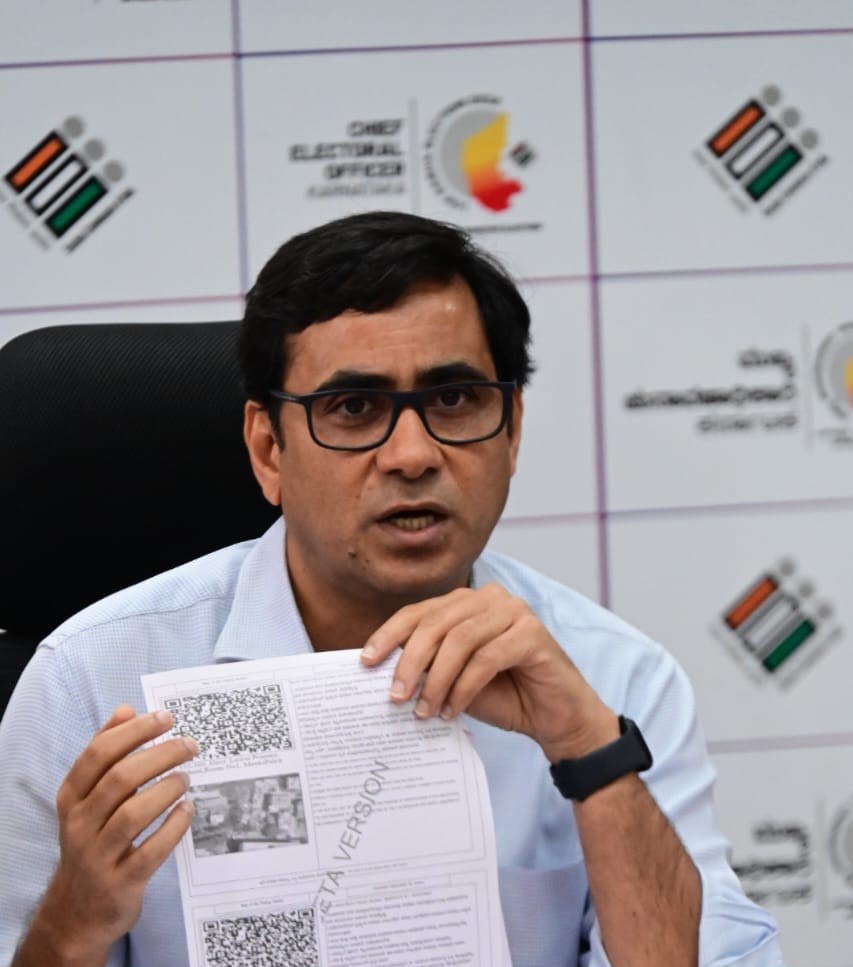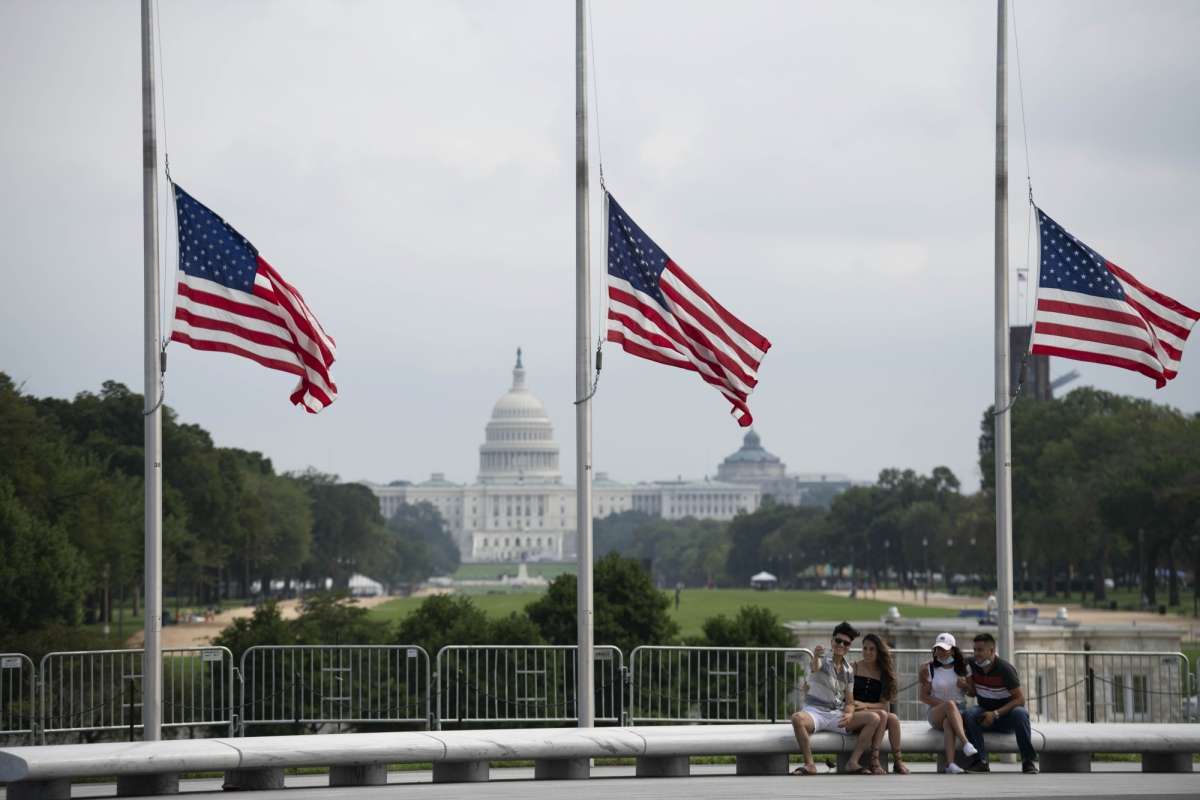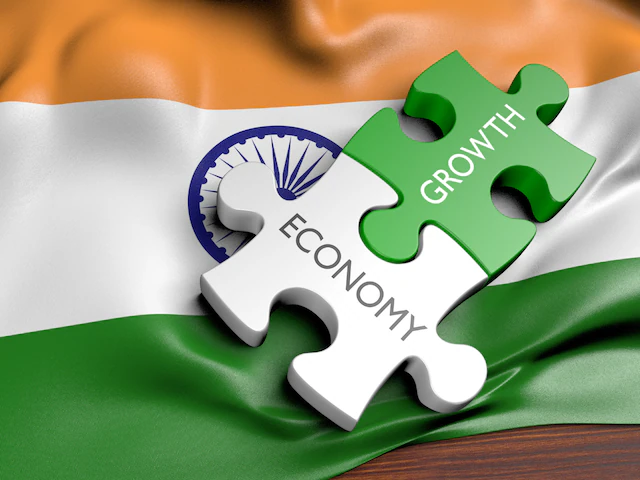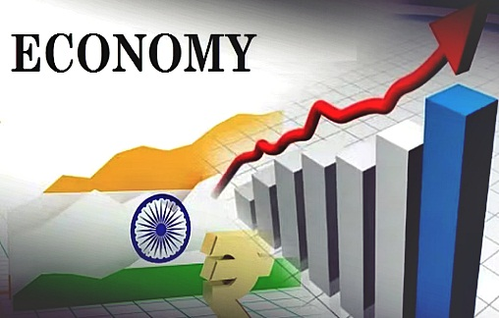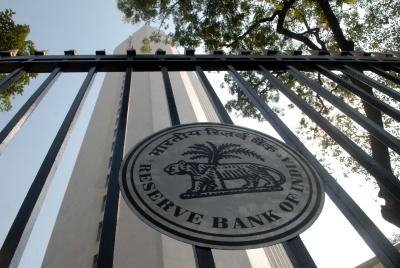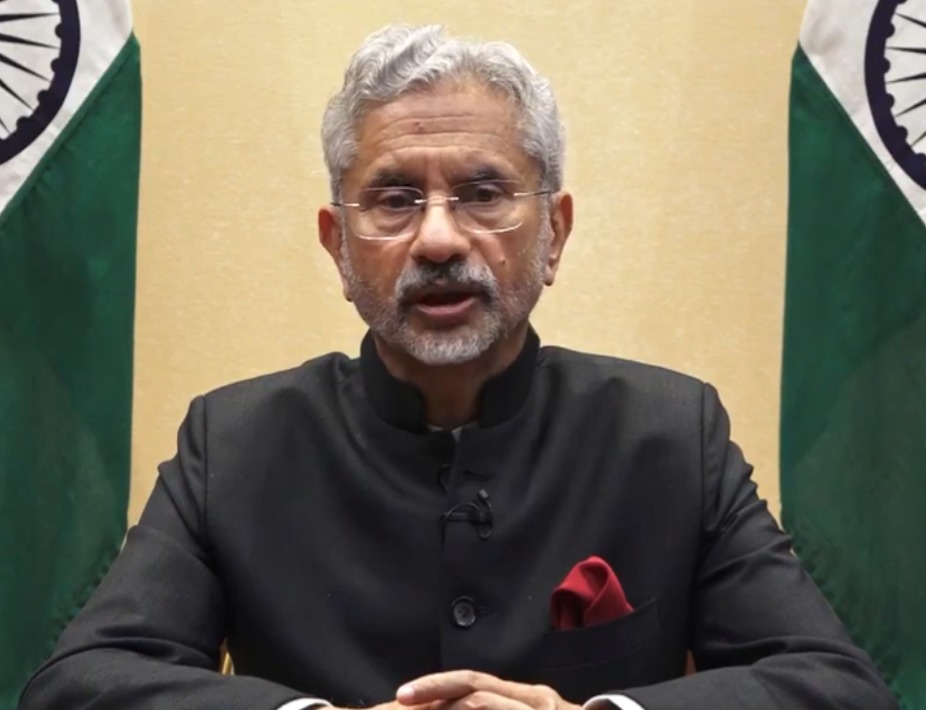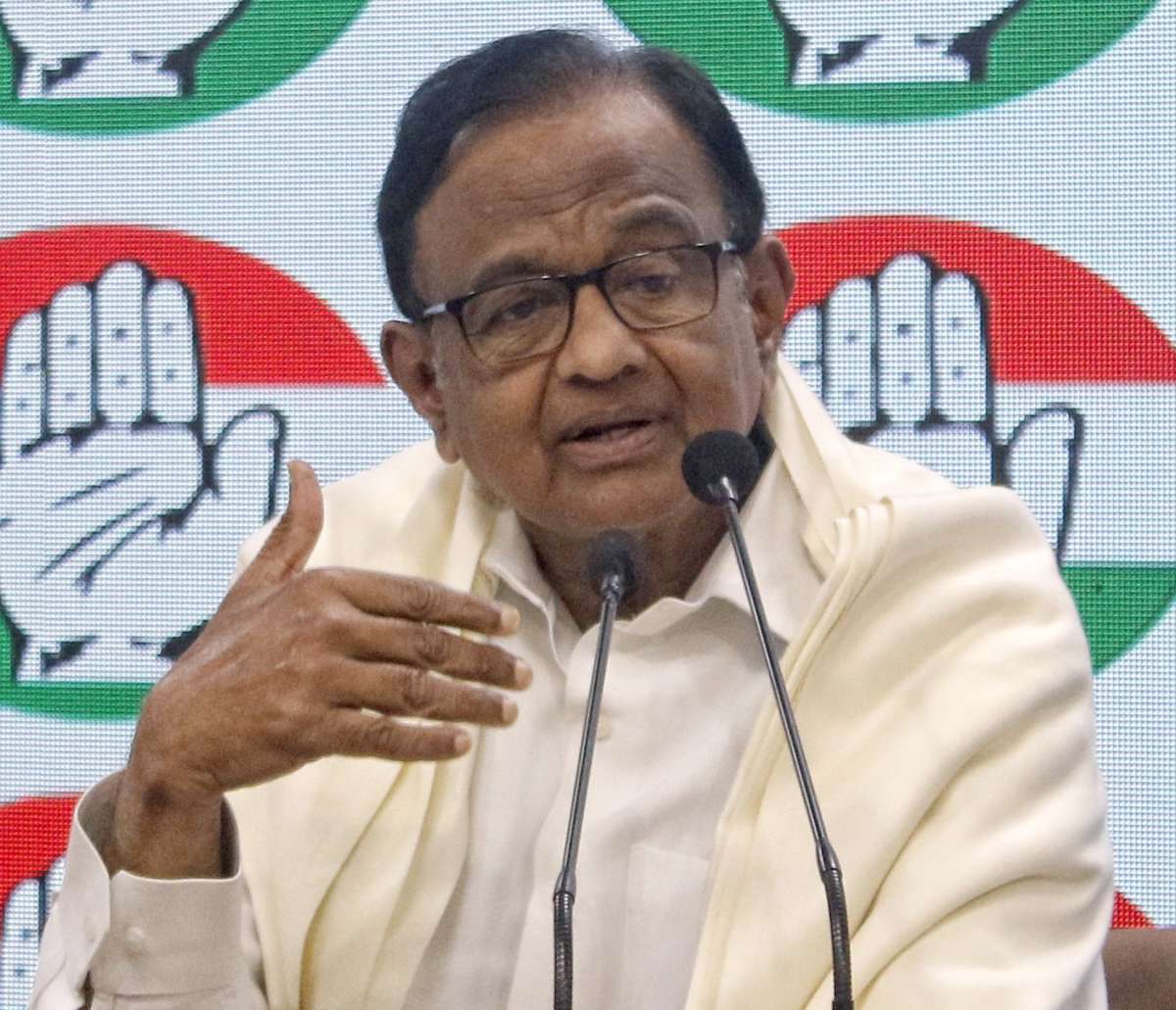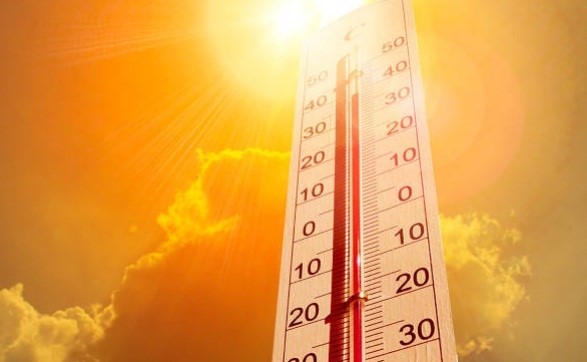Rahul Gandhi emphasised his focus on justice rather than caste, declaring it his life’s mission to rectify the injustices suffered by 90 percent of the population….reports Asian Lite News
Those who call themselves ‘deshbhakt’ are scared of the ‘X-ray’ of caste census but “no force” can stop it, said Congress leader Rahul Gandhi in a blistering critique against Prime Minister Narendra Modi.
Speaking at the ‘Samajik Nyay Sammelan’, Gandhi emphasised his focus on justice rather than caste, declaring it his life’s mission to rectify the injustices suffered by 90 percent of the population.
He pledged that upon forming a government, the Congress would prioritise conducting a caste census, highlighting the disparities exacerbated by Modi’s policies. Gandhi criticized the disproportionate distribution of wealth, alleging Modi’s favoritism towards select business elites, juxtaposing it with the Congress’s commitment to redistributing resources to benefit the majority.
Gandhi derided the media’s portrayal of him as a frivolous politician in contrast to his involvement in substantive issues such as the MGNREGA scheme, Land Acquisition Bill, and various social movements. He lamented the lack of representation of marginalized communities in both the media and the judiciary, citing the underrepresentation of OBCs, Dalits, and tribals in influential positions.
Meanwhile, Gandhi said that the INDIA bloc will ‘fight any power’ that threatens to change or tamper with the Constitution.
Addressing an election rally in Solapur, Rahul Gandhi said that for the first time in the country’s history, a ruling party — the BJP — led by Prime Minister Narendra Modi and the RSS were attacking the Constitution and working to destroy it.
“The BJP leaders are publicly saying that the Constitution will be changed after that party returns to power… they are trying to destroy and do away with the Constitution itself. However, no power can tamper with the Constitution and the INDIA bloc will fight to protect it,” the Wayanad MP said.
He said the Constitution of B.R. Ambedkar “is not merely a book, but a document of the rights” of the poor people, the tribals, the Dalits and the common citizens, it is a ‘weapon’ in the hands of the ordinary masses to safeguard themselves.
“We shall not tolerate it… we will strongly oppose and fight any attempts to weaken or destroy the Constitution. This election is to save the country’s Constitution and Democracy,” the Congress leader said. Accusing PM Modi of diverting the people’s attention whenever the Opposition parties raised major issues of national concerns, Rahul Gandhi said that the youth of the country are frustrated and directionless without employment opportunities.
“The BJP had promised to give two crore jobs to the youth but that did not happen. Now, the country is facing the highest rate of unemployment in the past 45 years. The youth roam around with nothing to do but the INDIA bloc will change matters after coming to power,” he said.
For this, he said that the new INDIA bloc government will create a new law ensuring a ‘job guarantee’ and provide training and stipend to all educated youth and make them ready for any jobs of their choice.
He said the next government would identify all the jobless graduates or diploma holders and train them for one year at government, public and private sector offices, plus also give them Rs 1 lakh stipend per year to prepare them for any kind of employment opportunities.
Declaring that there is no dearth of resources in the country, Rahul Gandhi said it needs to be shared equitably among the poor, and flayed how a handful of rich persons control the largest chunk of India’s wealth under the BJP rule.
Here, he mentioned the Congress election manifesto’s promises to make crores of people as millionaires compared with the two-dozen helped by the BJP, deposit Rs 8,500 per month or Rs 1 lakh per year directly to the bank accounts of millions of women from poor families under the Mahalakshmi Scheme.
“PM Modi is a leader of the rich, billionaires and industrialists, he is not a leader of the poor masses in the country and that is why he is scared of losing the elections, and out of that fear and anxiety, he starts misleading the country with false claims,” Rahul Gandhi alleged.
Accusing PM Modi-led regime of being ‘anti Dalits and tribals’ and insulting them, Rahul Gandhi said:
“The INDIA bloc will change all this. It will conduct a caste census to determine the socio-economic status of all sections of the people like Dalits, Tribals, OBCs and minorities to ensure that they get the fruits of development and ‘nyay’ (justice) that they have been denied.”
The Congress leader was campaigning for the INDIA-Maha Vikas Aghadi-Congress nominee Praniti Sushilkumar Shinde, who is contesting the Solapur (SC) LS constituency, in the presence of top leaders like Nana Patole, Balasaheb Thorat, Sushilkumar Shinde and other state and central leaders, plus representatives of the INDIA bloc leaders in Maharashtra.
ALSO READ: Chidambaram says Congress manifesto making BJP jealous

